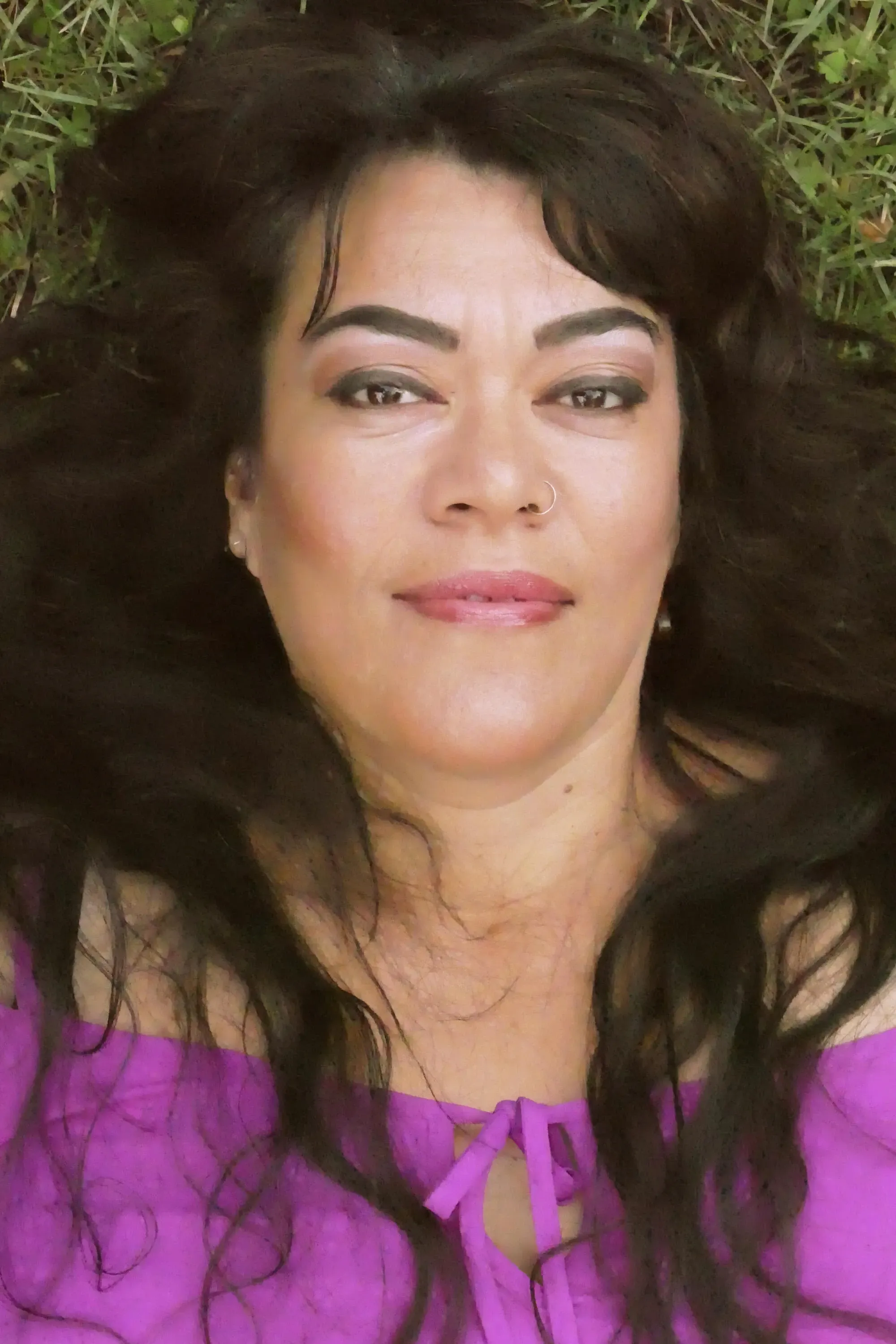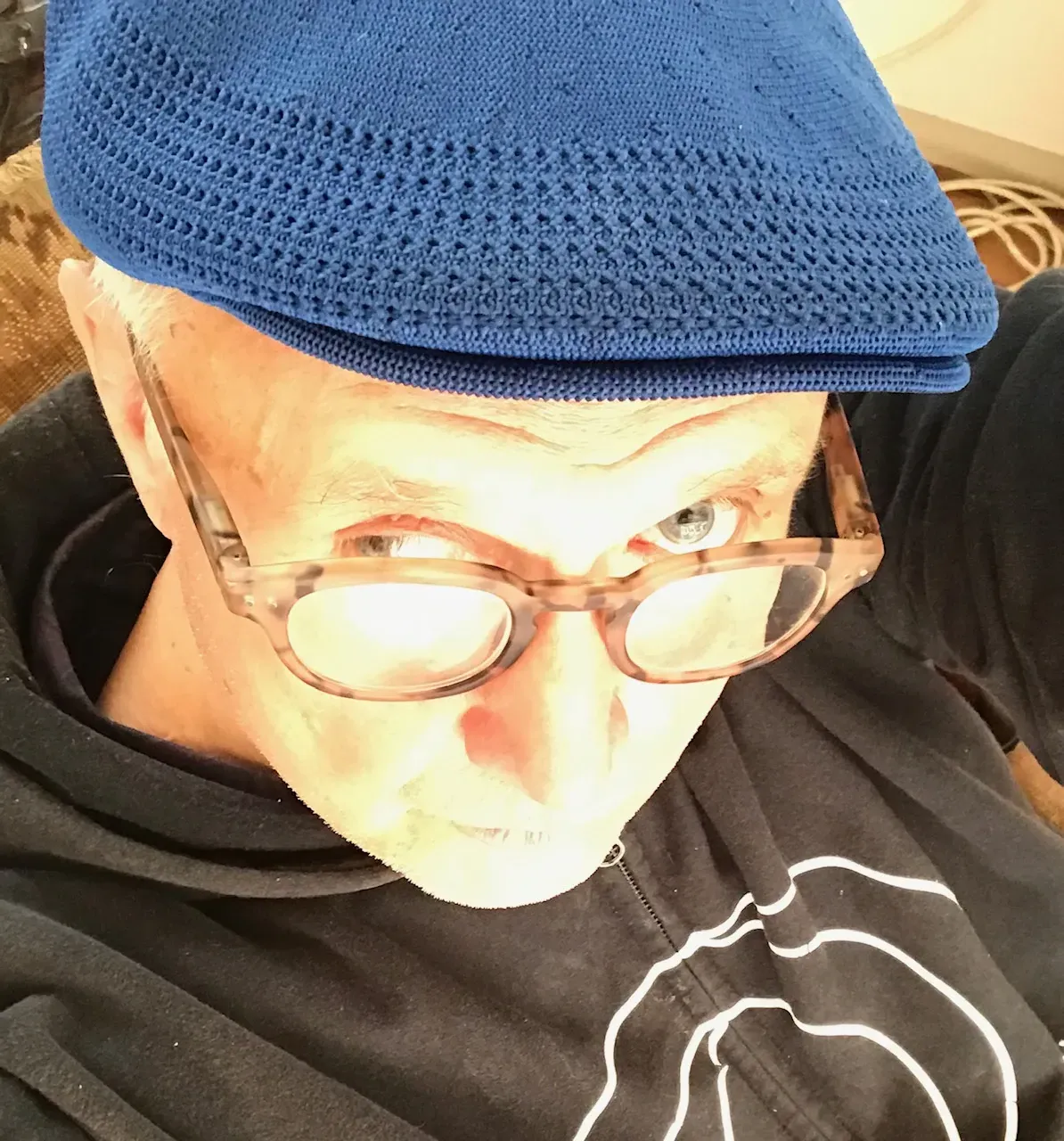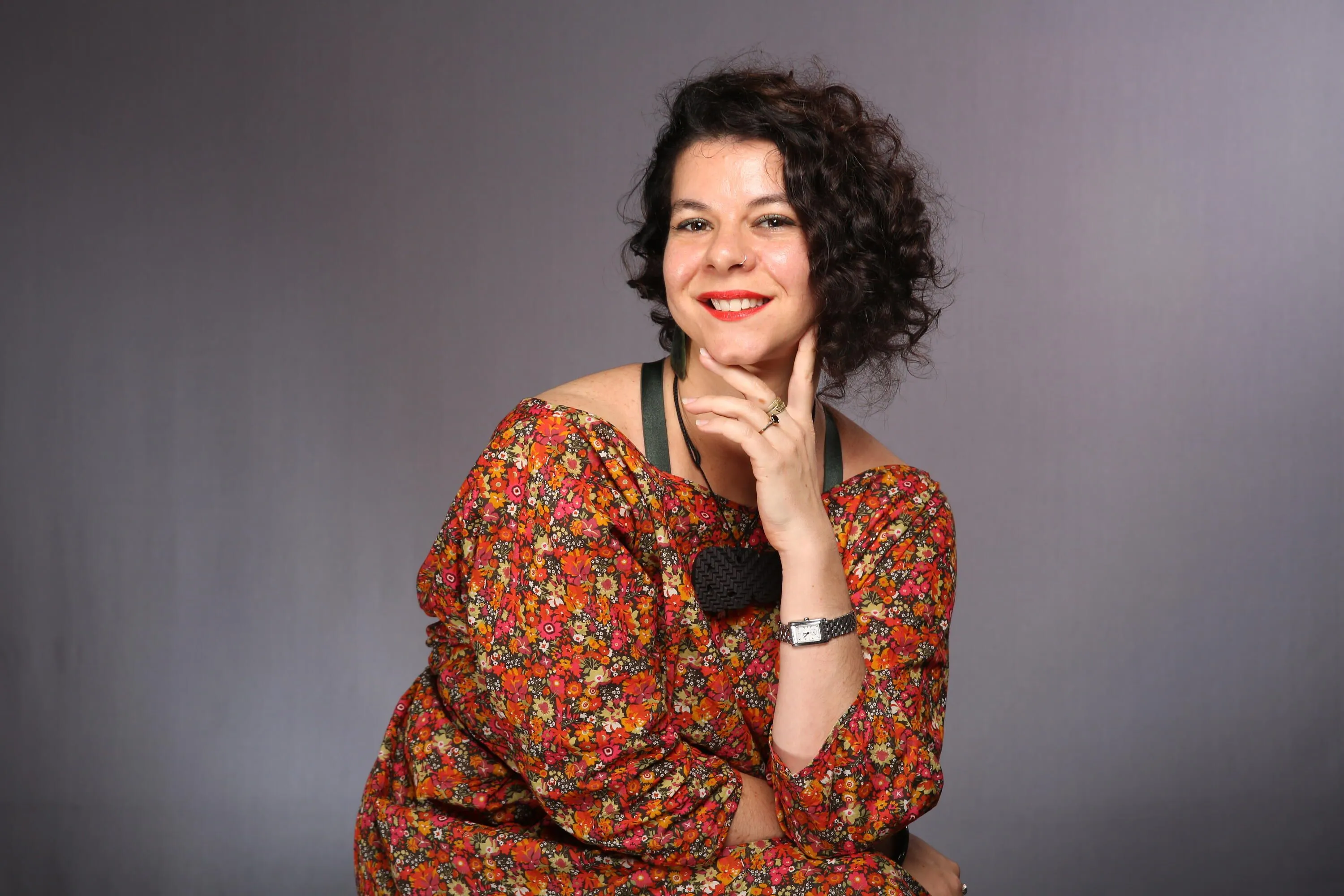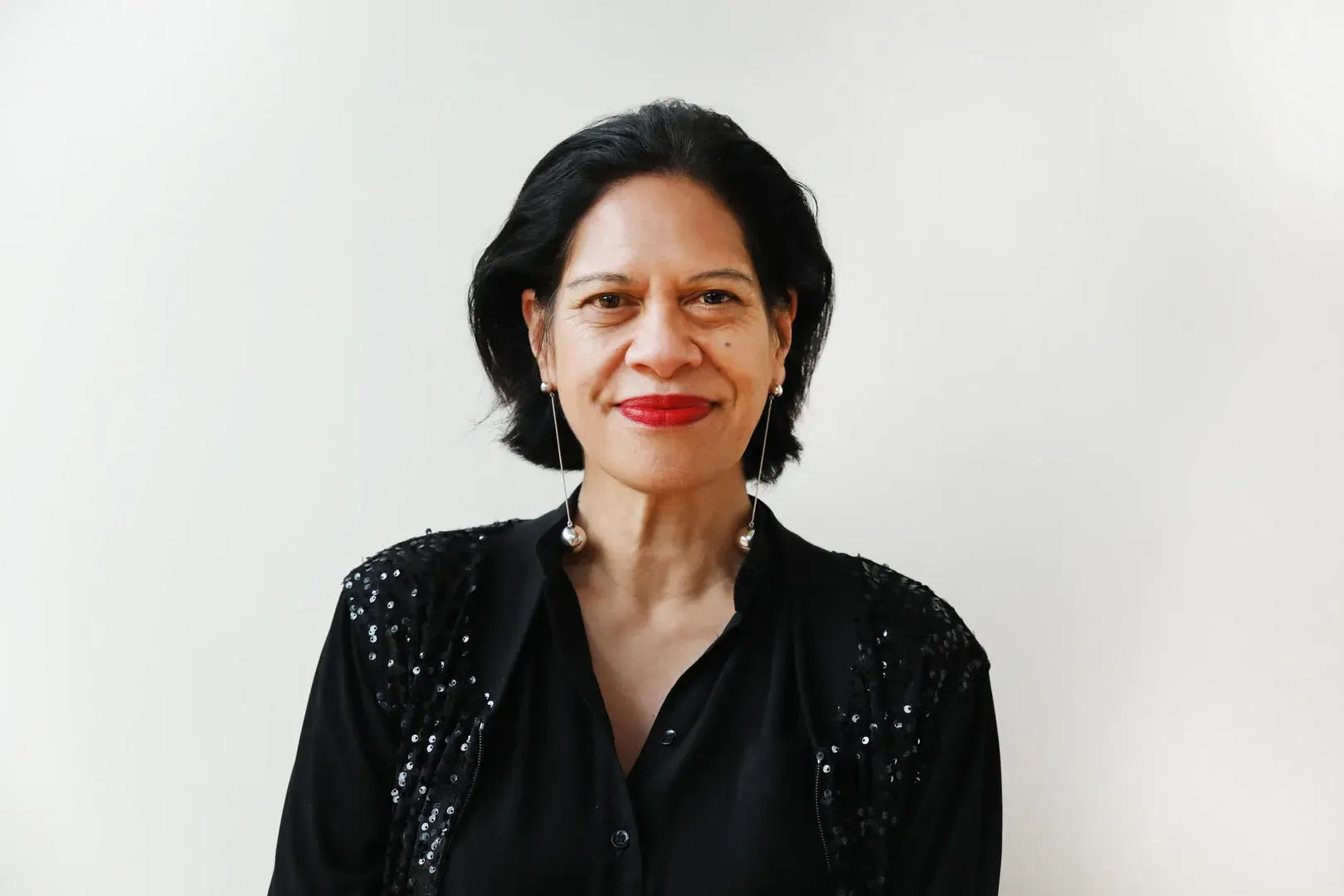Arts Voices: What Matters Most This Election?
Written by
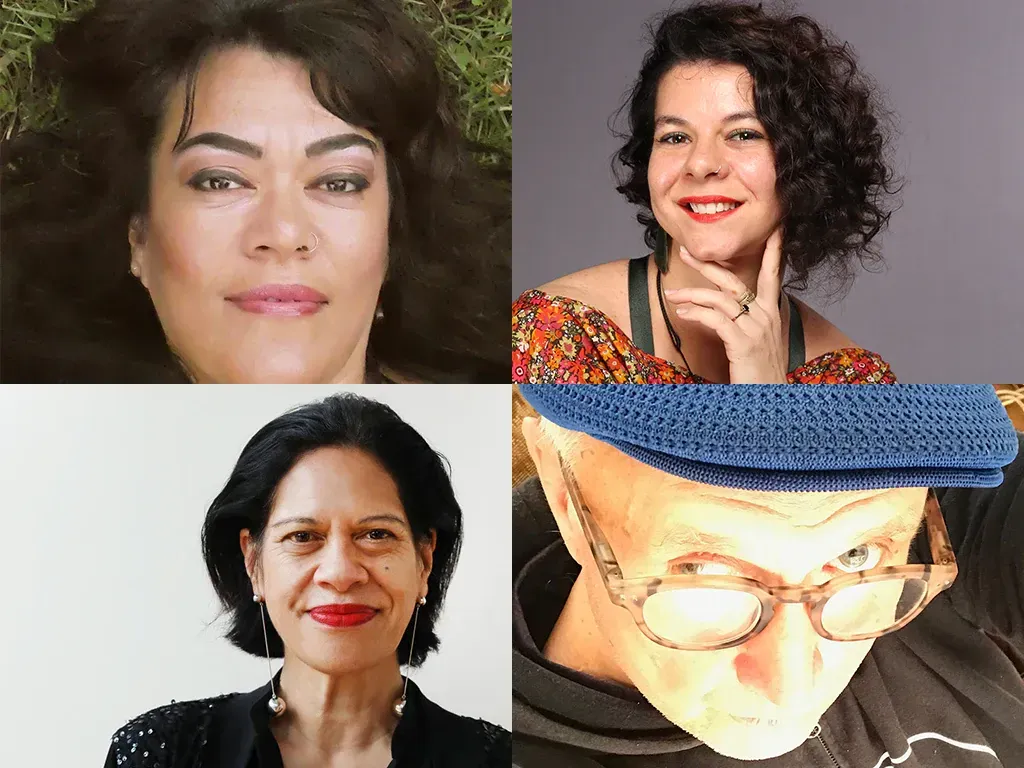
Every three years, we as individuals get to play our part in the national collective.
The general election is fast approaching and it’s an opportune time to start asking questions about how it could impact the arts community.
Te Taumata Toi-a-Iwi hosted an election forum entitled Shaping the Future of the Arts, Culture and Creative Sector with spokespeople from Labour, National, Greens and NZ First speaking. This important event live streamed on The Big Idea Facebook page and Youtube channel.
Arts Voices is a series where we will canvas creatives of Aotearoa to get their thoughts on the issues that the sector faces and what is important in the lead up to casting your vote.
We posed the following question - What matters the most to the creative arts community ahead of this year's election?
Here are some of their responses to get the ball rolling.
Tusiata Avia, poet and writer
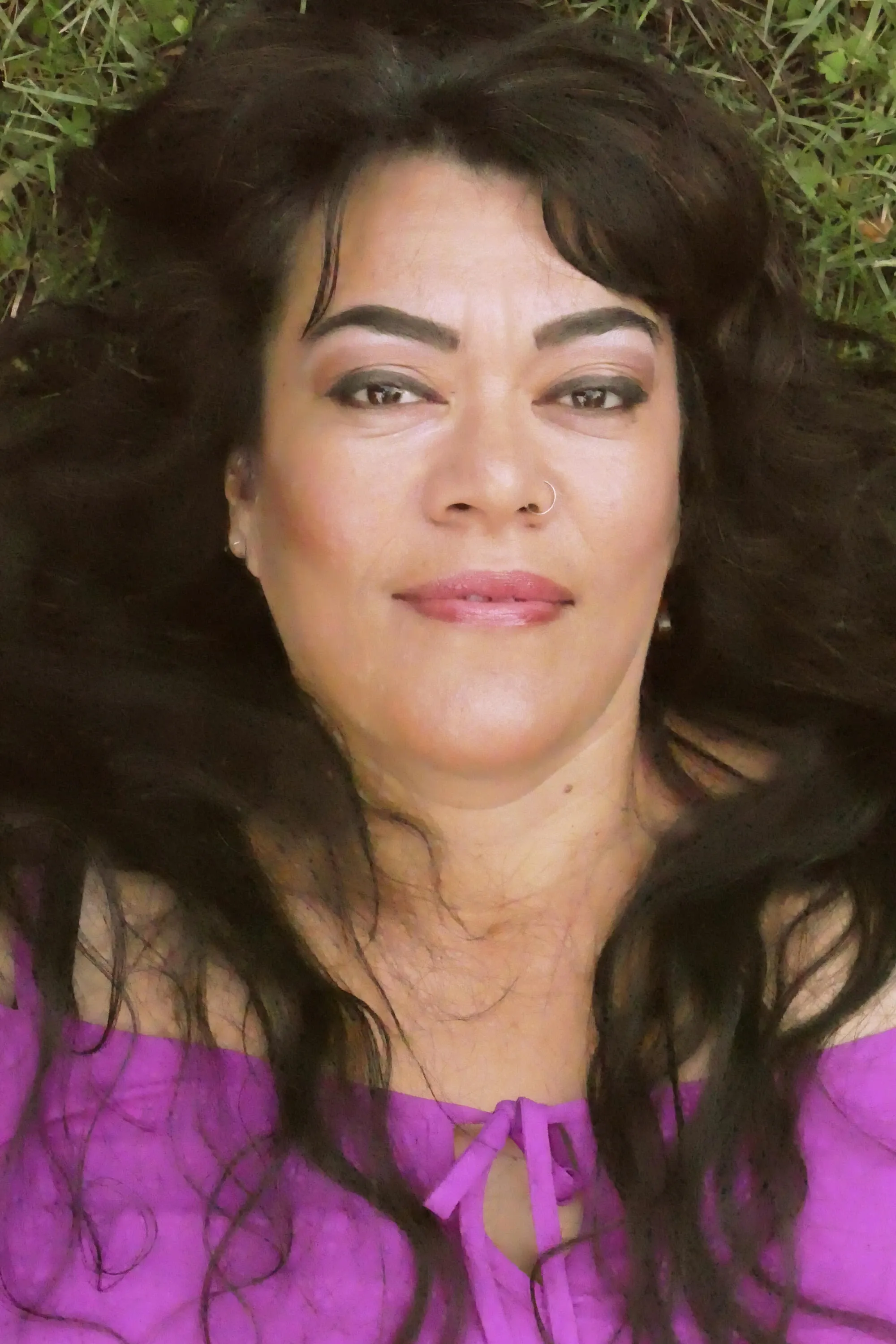
Tusiata Avia. Photo: Hayley Theyer.
Survival.
Many of my colleagues have been in the arts industry for 20, 30 years or longer. We are productive, highly skilled and many of us have international reputations. While it is normal for many workers in other industries, after as many years, to be (at least) financially secure, we so often find ourselves without savings or assets.
We do this work because we love it. Because it’s important. Art is crucial. Art offers our society a lens through which to perceive itself – politically and personally; to question, to hold to account, to protest, to create change and even to heal. Artists are crucial.
It’s a good thing that the Prime Minister is the minister for Culture and Heritage and Hon. Carmel Sepuloni is an associate minister, but artists need more than figureheads. We need to be able to pay our rent. Between contracts or gigs or projects we need at the very least the ‘artists dole’ (which existed under Helen Clark’s government). We need to continue to be the heart and conscience of New Zealand and to able to feed our kids.
Tim Walker, arts sector advisor
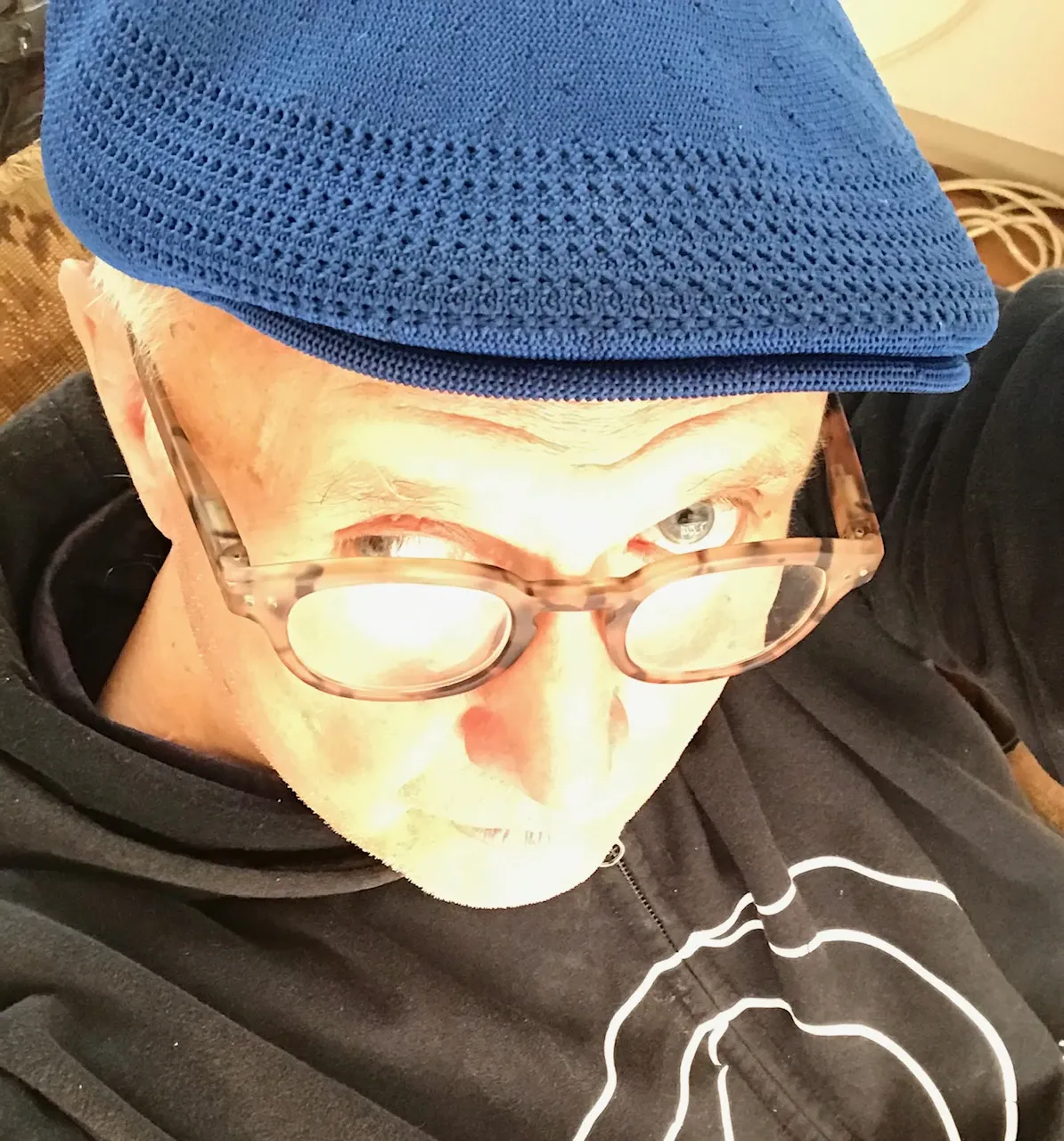
Tim Walker.
Leadership.
The impacts of COVID, in the context of the even higher-order challenges of the climate emergency, present an opportunity to reframe the conversation about the role of the creative sector in society. The only effective arbiters of this are leadership voices from the sector itself; within whatever government/policy/funding framework is delivered by the election. Governments have arguably never been the key drivers of strategic change in relation to the purpose, value and impact of the arts and creative sectors. It’s unlikely this will change, so to some extent the outcome of the election will not define either a high or low watermark for the arts.
Certainly, what will not change as the result of the election is the need for leadership that works in an increasingly joined-up way (within and beyond the sector), with a shared focus on redefining the purpose, value and impact of creativity and the arts, in the face of the challenging discussions, disruptive social dynamics and difficult decisions that lie ahead. Leadership can be a lonely place; we all need to support those who step up.
Dina Jezdic, Independent curator, writer and advisor
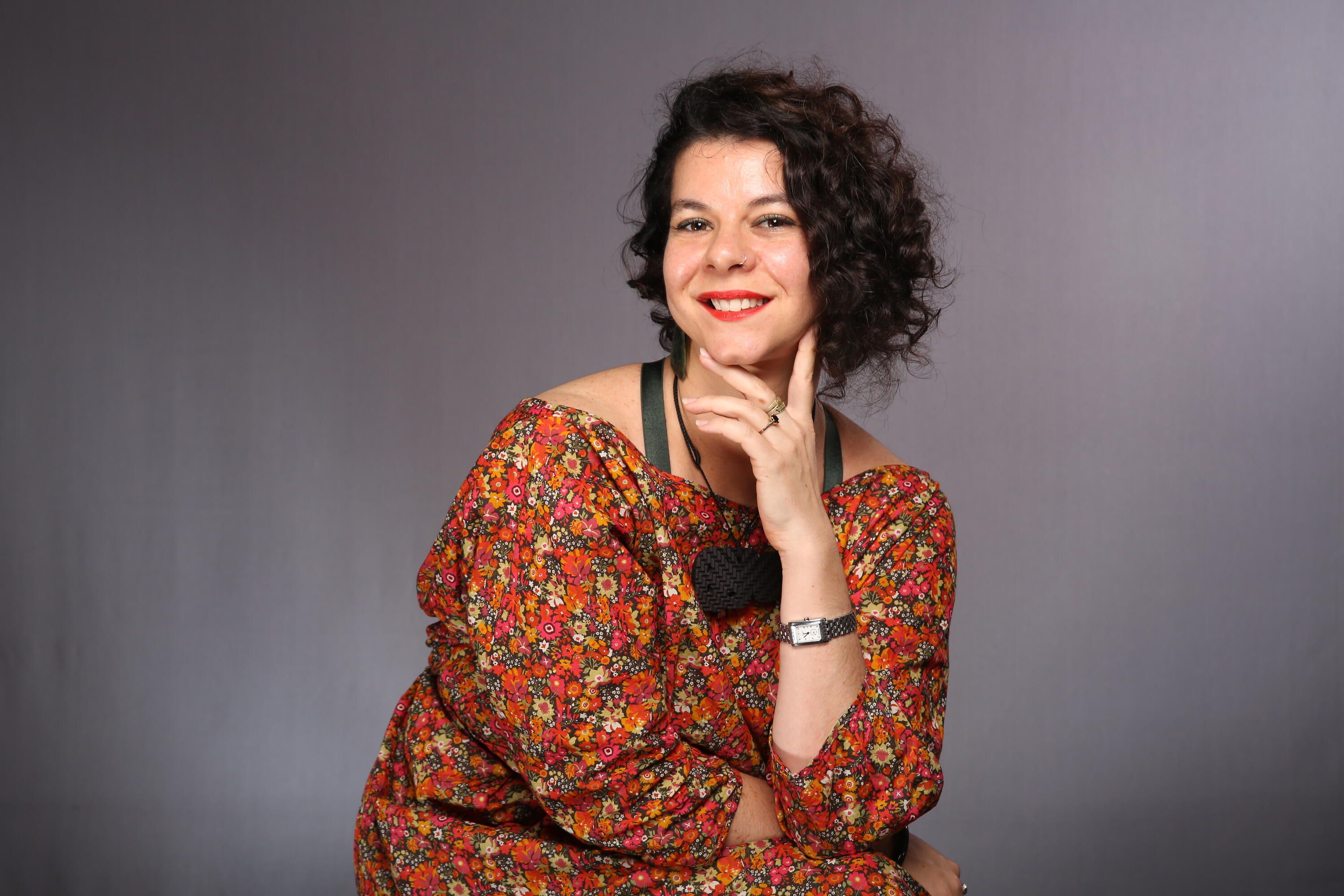
Dina Jezdic. Photo: Obama Foundation Asia-Pacific Leaders.
2020 is THAT year that exposed the fragility of those that have been the most privileged. It is the year where twin events of COVID-19 and racialised violence have left us questioning what should remain and what needs immediate change through this period of struggle, our most prized moment for great (un)learning.
The creative community has identified the need for new resources for dismantling systemic racism, new thought leaders across multidisciplinary areas to reframe and (re)centre the indigenous perspectives and new models that need to be implemented. We are all ready for new dialogues. This new space has many layers and it must involve a cross-section of those that are made visible through social media platforms, protesting on the streets, donating and supporting causes of change, educating themselves, listening instead of speaking, having uncomfortable conversations with friends and family. All of these are important as we journey together with empathy, and vulnerability that is not trampling on others more vulnerable than ourselves.
Half a million eligible voters aren’t enrolled yet. Half of them are under 30. Our future can only be powerful enough to shift us into this new space by making their vote powerful and their voices heard.
Tanea Heke, Tumuaki - Director, Toi Whakaari: New Zealand Drama School
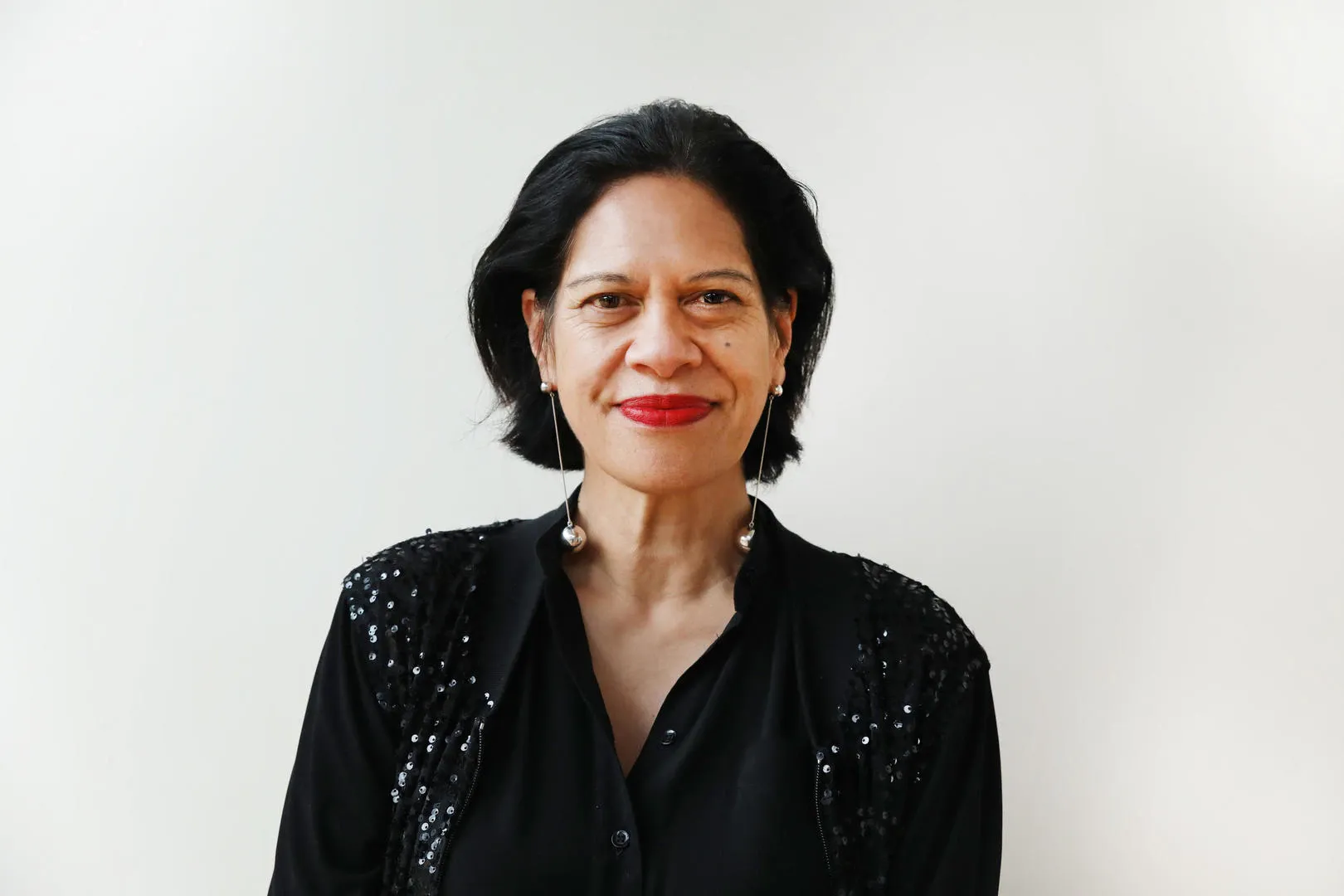
Tanea Heke.
Toi Whakaari is Aotearoa’s longest-running provider of tertiary training in the performing arts. In our 50 years we’ve weathered some storms. We are part of the arts and education ecosystems so we’re facing some big challenges on both fronts.
Our kaupapa as educators is to work with the arts sector to maintain clear pathways to the industry for our students. We currently have students from around the motu and around the globe. But things are changing as a result of COVID-19.
We have a wonderfully bespoke school where we know the names of all our students, we know what they want to achieve and have the ability to inspire them on their individual journeys, which are often global – but COVID-19 will impact on this.
We are going to see potential students and their whānau more concerned about travelling for education. This will have a damaging effect on our school of course. But in a wider context, how will this flow across our arts sector? How will it affect live performance, film and the ancillary aspects of our industry?
As part of the creative/educational ecosystems, I’m interested in how the effects of COVID-19 will shape the thinking of our political parties and how they build the future accordingly with arts and education at the forefront of their policies. Show us what’ve you got and how you’re going to tautoko.
We want your voice
We want to hear from you, members of the arts community. What do you want to know about Arts and Culture policies before you cast your vote? Email us under the title of TBI ARTS VOICES at editor@thebigidea.co.nz - a max of 150 words and you could feature in the Arts Voices series.
Te Taumata Toi-a-Iwi presents Shaping the Future of the Arts, Culture and Creative Sector - an election forum on 24 September. The Big Idea is a media partner for the event and will be live streaming the forum from 6.30pm on our Facebook page and our Youtube channel.
Speakers include Hon Carmel Sepuloni (Associate Arts, Culture and Heritage Minister), Jonathan Young MP (Arts, Culture and Heritage Spokesperson, National Party), Chlöe Swarbrick MP (Arts, Culture and Heritage Spokesperson, Green Party), with Miriama Kama facilitating the forum.
